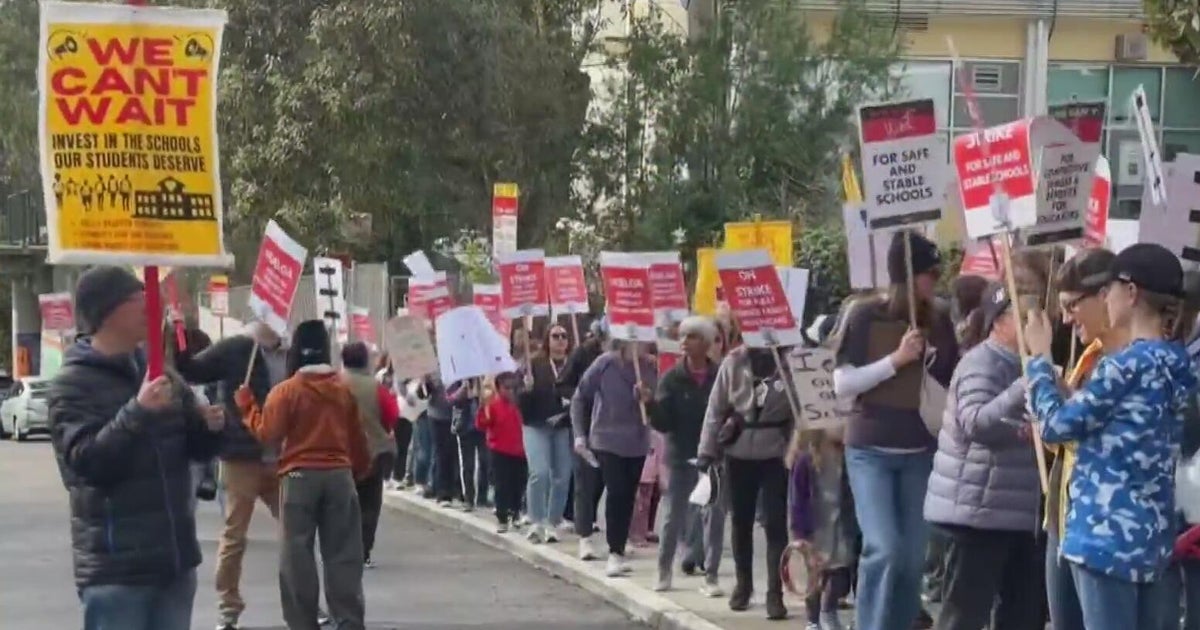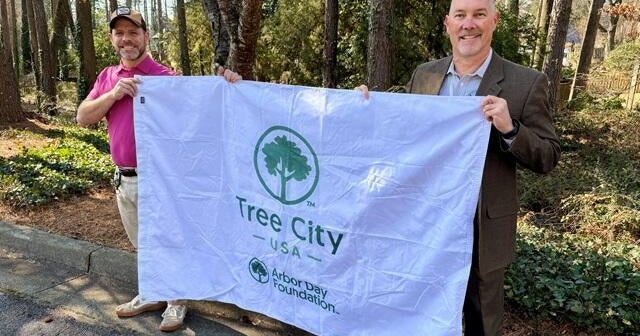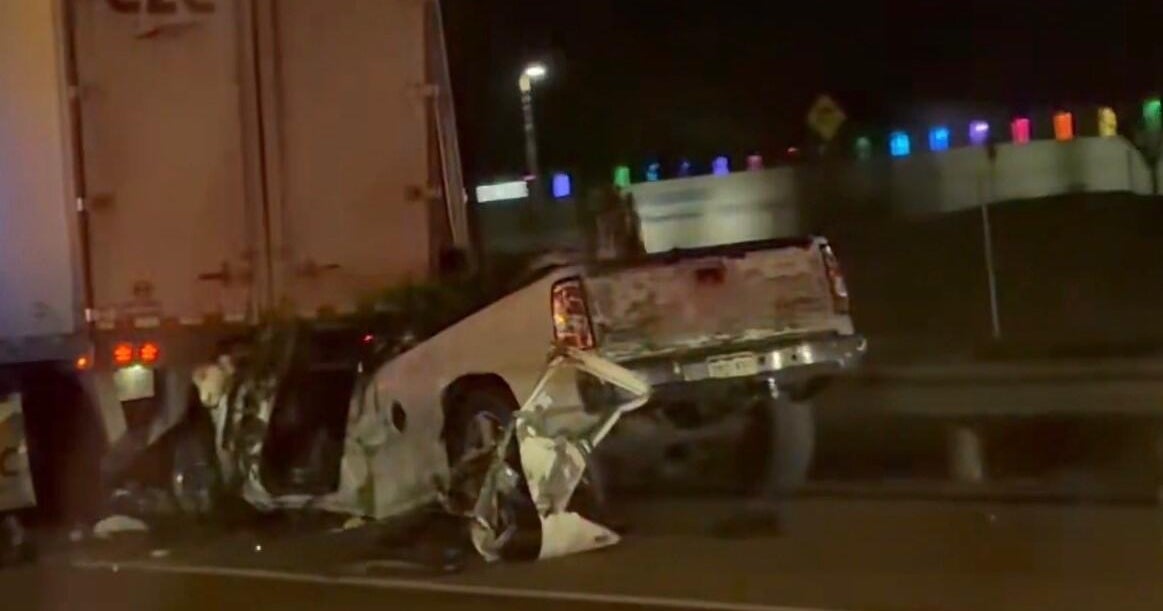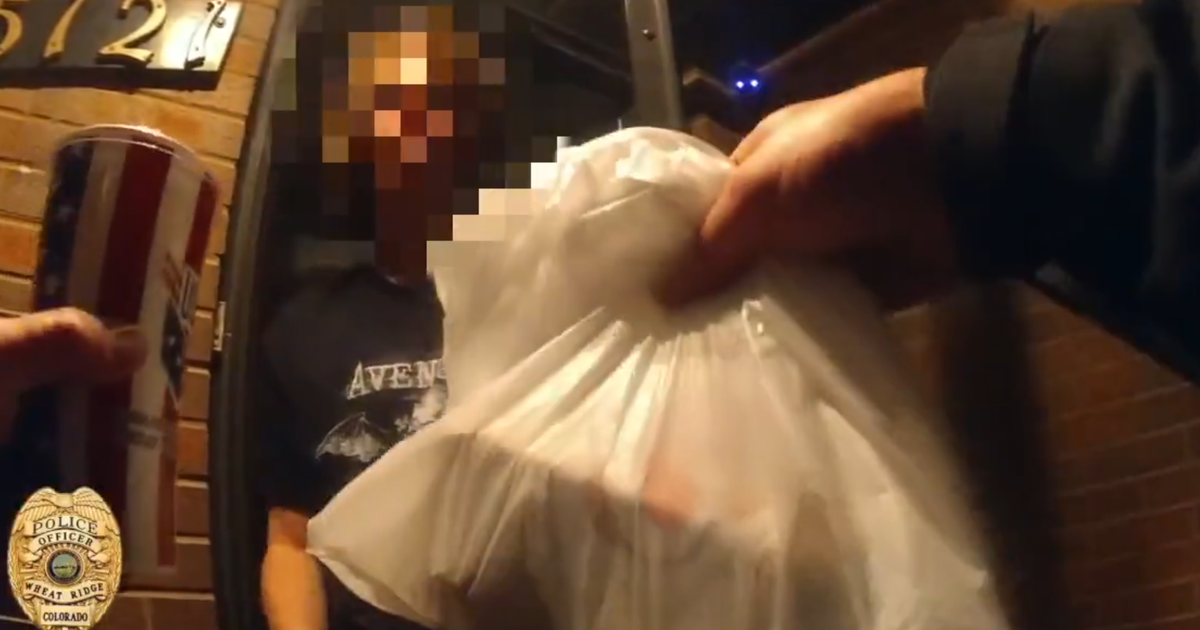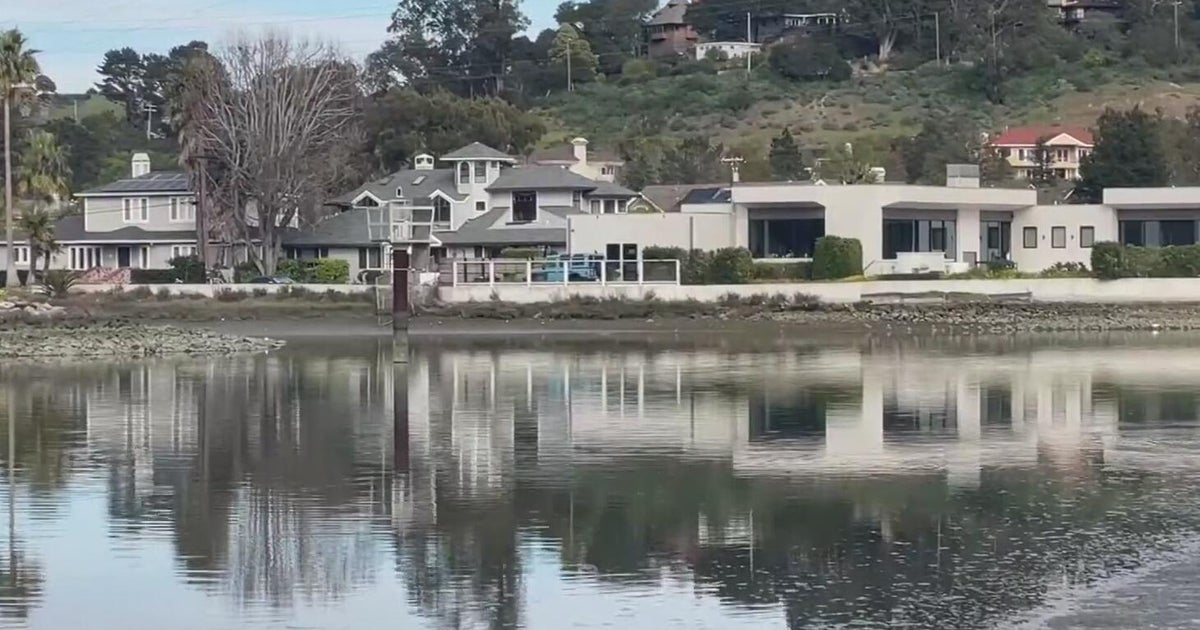Startup service Ridwell takes hard-to-recycle items and finds a 2nd life for them
An innovative recycling start-up hopes to make the most of "wish-cycling" - the practice where people try to recycle things like prescription bottles, bread tags, and even ballpoint pens, with no evidence you can recycle them.
Early mornings, when Juan Lopez heads to his truck ready to start the day, he already feels inspired by his job.
"It's very noticeable that the work that we're doing is actually making a difference," said Lopez.
He works for Ridwell, a startup recycling service that got its start and is headquartered in Seattle, Washington. Last September, Ridwell began offering its services to parts of the Bay Area and business is booming.
"Our drivers are doing about 50 to 120 stops a day," said Lopez. "That's a 10-hour day, four days a week."
Ridwell aims to keep hard-to-recycle items and any reusable stuff out of landfills. But it's a daunting task. Reports show only 32% of waste is properly recycled or composted. Most ends rotting at the dump. which in turn can create methane, a potent greenhouse gas.
Tara Lee of San Jose signed up for the service when she saw Ridwell on her Facebook feed.
"People, myself included were recycling things that couldn't be recycled," said Lee. "Made me feel really guilty knowing that perhaps a whole recycling load would be ruined because something was in there that shouldn't have been."
Lee uses Ridwell to augment her curbside service. She showed CBS News Bay Area how the service works, by laying out clean cloth bags clearly marked on the front with what you can recycle. Each bag contains a different type of item: light bulbs, batteries, multi-layer plastic, plastic film, and more.
"Lots of things that cannot be recycled in our normal recycling stream," explained Lee. "Light bulbs, batteries. We could take batteries to hazardous waste but that's an extra trip, right? Gas? Time, et cetera. This one is picked up right at the house."
On pickup day, she placed the items into a small outdoor bin. That's where workers like Lopez collect them and sort each bag into its proper bin. Once finished, he sent Lee a text message.
"I just got a text saying that I did it," said Lee. "I'm saving the world one plastic bag at a time!"
All the bags return to a Bay Area warehouse where the items are amassed and sent out to contracted partners for a 2nd life.
"If there's a partner who can reuse it or recycle it, we will seek them out. And we will pick it up from people's doorsteps," explained Ryan Metzger, Ridwell's CEO and founder.
Metzger started the business when he realized how tough it was to recycle certain items. He tried to find where his family could take their dead batteries and used lightbulbs and discovered it took a big effort. He then discovered how locations start and stop accepting certain hard-to-recycle items.
"I have two kids and we try to live sustainably and find that's not that easy sometimes," said Metzger.
Metzger got the idea to begin offering a 'recycling carpool" for the neighborhood to help make sure batteries that contain chemicals would be recycled safely. He and his young son then began to scrounge around for other items in their home that were tough to recycle, including styrofoam, electronics, clothing, plastic bags, and even Halloween candy.
The recycling carpools grew bigger and bigger which is how Ridwell got its start. Metzger now works with local, regional, and national partners to find creative solutions that breathe new life into the waste.
For example, take plastic bags, or plastic film, which don't go into most curbside recycling bins. Metzger figured out a way to give these plastics a new life, turning them into composite planks for outdoor decking firm Trex.
"This is what our plastic film gets turned into we pick it up from people's Ridwell bins, we take it into our warehouse we put it in bales and then send it down to Nevada where it gets turned into this material that a lot of people use to make decks out of," explained Metzger.
On special pick-up days, Ridwell also collects reusable household items, dropping them off at various locations, including Bay Area nonprofit Make It Home.
"The best goodies that we get from Ridwell? Lots of kitchen utensils, lots of pots and pans, lots of bakeware and kitchen items that are expensive to purchase but very hard to recycle," said Carolyn Flannery, Make it Home CEO and founder.
According to the U.S. Environmental Protection Agency, Americans throw out more than 12 million tons of furniture into landfills every year. The reusable furniture, linens, and carpets are finding new homes at Make it Home.
"We're serving homeless to home. We're serving people who have survived domestic violence. We're serving foster kids who are aging out," said Flannery.
Ridwell costs anywhere from $14 to $24 a month. told CBS News Bay Area the cost well worth it.
"I think it's worth it to pay for Ridwell on top of the city's existing waste pickup because I know that there are more things that are being kept out of landfill that way," said South Bay resident Hannah Parenteau.
To see if Ridwell goes to your neighborhood, click here.
